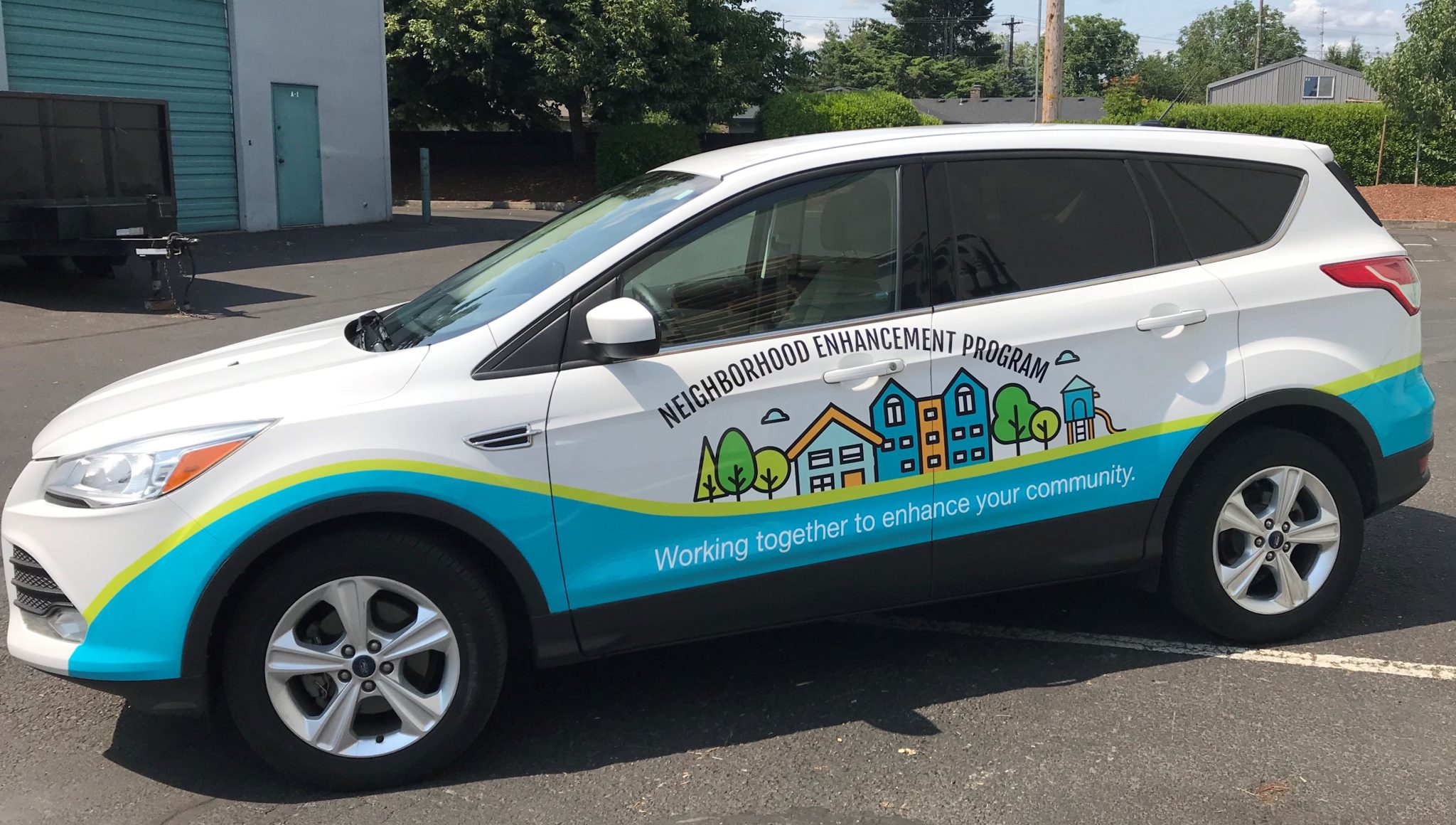You’ve found the perfect house, in the perfect neighborhood, for the perfect price. But then you find out it’s in an HOA and you will be charged a monthly fee. Perhaps this isn’t what you had in mind and you don’t really know much about what HOAs are all about. You may have heard stories about the restrictions of living in a community association. Can you refuse to join?
The short answer is: It depends; but probably not. If there is an HOA in the neighborhood where you are buying, ask to see the governing documents to determine whether participation is voluntary or mandatory, find out exactly what will be required of you, and what the HOA duties are.
Types of HOAs
- Voluntary HOAs
If you buy a home or condo with a voluntary HOA, you do not have to join. If you opt out, you will likely not be able to use the community’s facilities that the HOA supports (a pool, clubhouse, playground, etc.), or you may be required to pay a fee to use those facilities.
- HOAs formed After Your Purchase
If an HOA is created in a neighborhood where one did not exist previously, current homeowners generally are not required to become members of the community association.
Similarly, it is possible that a voluntary HOA may vote to become a mandatory HOA. Membership is not required for existing owners, but will be required for future owners. Most often, current owners will join because of the benefits of bring a member of the association. More often than not, the switch was done to address problem areas that will benefit the community overall.
- Mandatory HOAs (the most common type)
If you buy a home in a community that has an established, mandatory HOA, you must join as a condition of purchase. When you buy your home, you’ll have to sign documents agreeing to abide by the HOA’s rules and pay assessments, fines, and fees you might incur if you break the rules.
A mandatory HOA typically maintains common areas, such as a park, playground, pool, clubhouse, etc. They also have power to enforce rules around your home (parking restrictions, paint choices, etc.)
We believe the positives of an HOA greatly outweigh any perceived negatives. We’ll explain below.
The Benefits of Living in an HOA
- Home Value. The presence of an HOA is going to preserve or increase your property’s value. This is due to the inherent value of having the neighborhood looking good and being cared for. You’re not going to have a situation where one neighbor brings down the value of all the houses in the neighborhood because they paint their house bright pink, have 15 dogs, 6 broken down cars parked out front, and a yard that is overrun with weeds.
- Community Engagement and Bonding. Participating in the HOA – going to meetings, voting, or even being a board member – provide a great opportunity to get to know your neighbors and collaborate with them for the good of your community. A strong sense of community is a big part of what makes living in an HOA neighborhood so enjoyable.
- Amenities and Services. Every neighborhood is different, but usually those with an HOA will offer amenities you won’t find in other neighborhoods. You may have access to things like walking trails, a park, playground, pool, etc. The HOA may also provide services, such as front yard landscaping, which ensures the neighborhood will always look its best. It may take care of pest control if that is an issue in your community. Your HOA dues go toward the running and upkeep of these facilities and services, and you have access to them as a community member.
Signs of a Well-Run HOA
- Are they performing their duties? Think about your first impression when you drove into the community. Were the roads, sidewalks, and yards maintained? Was the pool clean? What was the overall feel of the community?
- How is the HOA doing financially? An HOA that is financially responsible will charge dues that sufficiently cover maintenance of amenities and shared spaces, but also saves for future expenses. Review the association’s financial statements and reserve accounts. Reserve accounts can give you insights into whether you can expect a special assessment in the future if a large expense comes up.
- Do the members of the HOA cooperate with each other? You can figure out the answer to this question by reading the association’s meeting minutes. If reading the minutes makes you cringe, you may want to think twice.
- Does the HOA use a management company? Professional management brings a level of knowledge, experience, and organization that board members may not possess. A good management company takes the burden off running the HOA off the board members and allows them to focus on improving their communities.
If you’re an Oregon or Washington resident searching for homes that are part of a community association, please don’t let the fees or the stereotypes about HOAs scare you away from purchasing. HOAs are increasingly popular for very good reasons.
At Association Management Services NW (AMS), our homeowner association management services remove frustrations, streamline processes, and cultivate relationships between neighbors. AMS is committed to forming positive, solution-oriented partnerships with the communities and boards we serve. As the Northwest’s leader in condominium and homeowner association management, we are dedicated to providing the best return on your association’s investment. As a result, you and your neighbors will see that value every time you come home.
Contact us today if your association would like to receive a management proposal.





